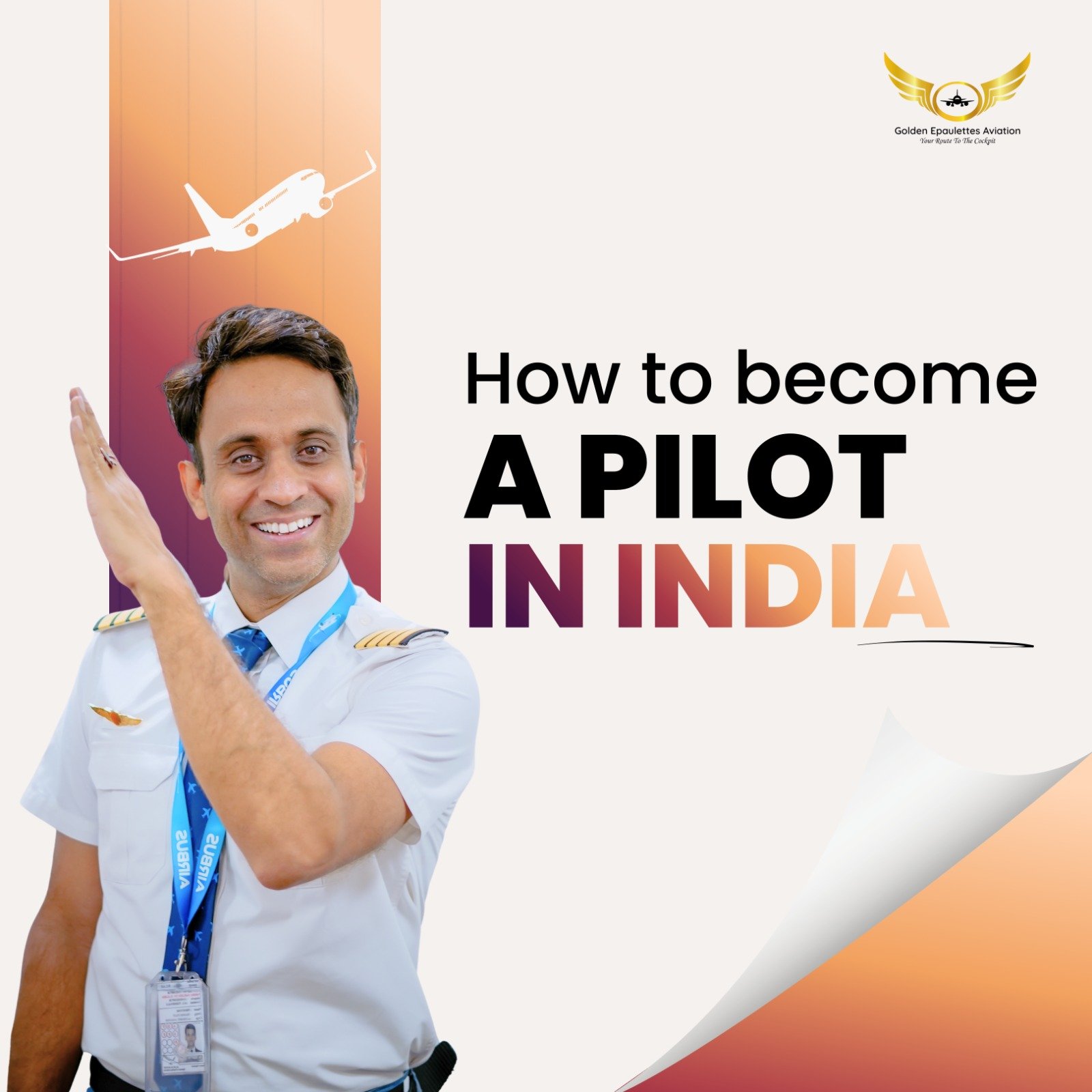Become a Commercial Pilot in Europe: Training & Licensing
Content will be added soon
 Menu
Menu
Pilot Programs
Tips on Becoming a Commercial Pilot in Europe
Premtosh Mishra
Author

Thank you! Our team will contact you shortly on WhatsApp.